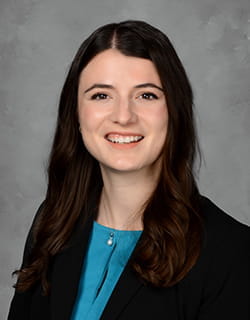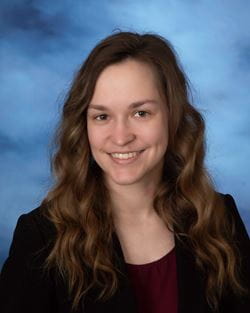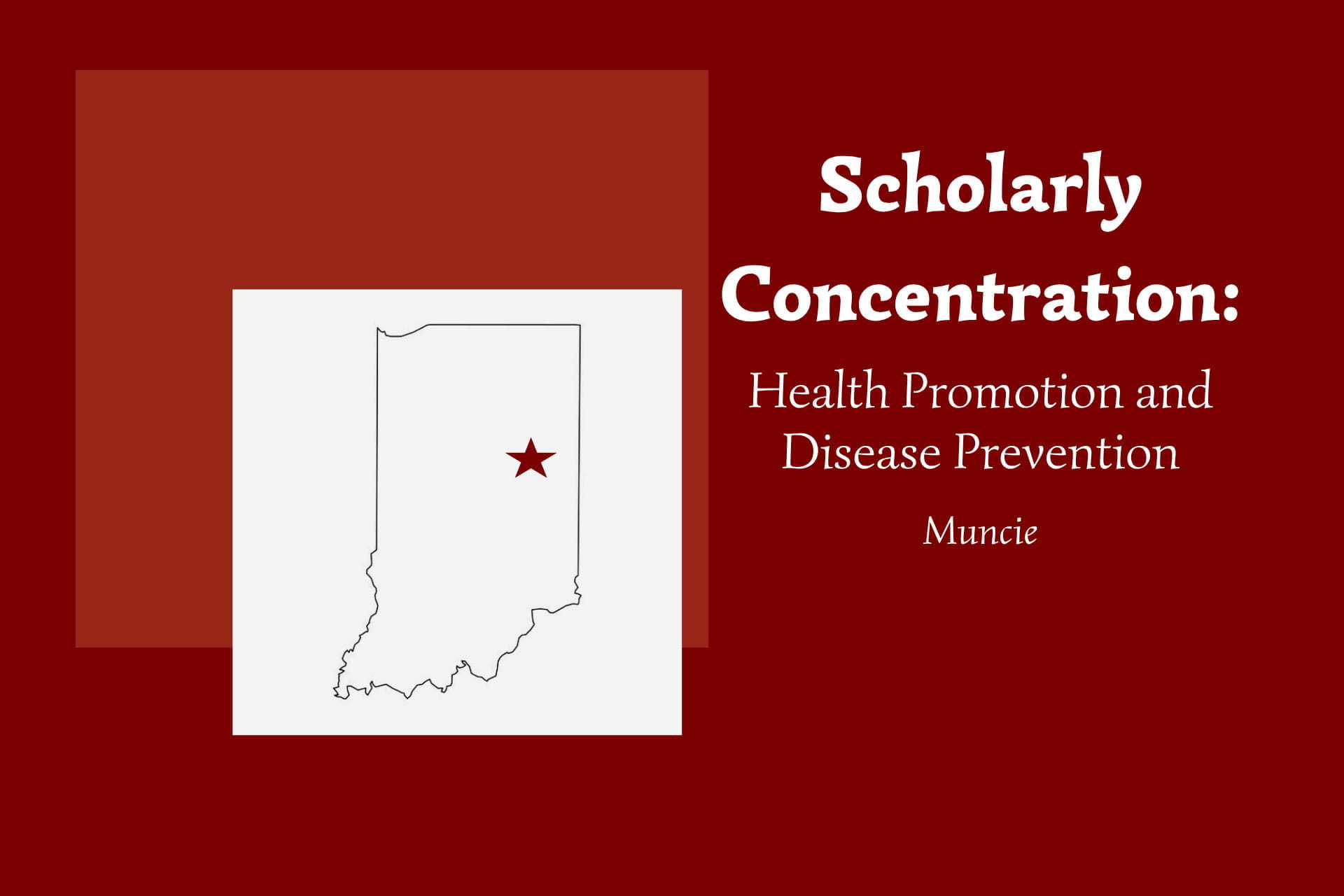Lifestyle factors such as regarding physical activity, nutrition, stress management, and social support play a critical role in shaping health outcomes. Positive changes in these areas can improve health outcomes and quality of life health outcomes, reduce health care costs and strengthen community health. Through this concentration, students learn how to help patients implement healthy lifestyle practices that are evidence-based. One of the strengths of the Muncie HPDP scholarly concentration is the opportunity for students to collaborate directly with local community organizations. These partners include community centers that promote education, health, and wellness; community health clinics; food pantries; jail rehabilitation programs focusing on inmate recovery; and other addiction recovery programs. Such collaborations give students the chance to design and implement real-world, community-based projects aimed at improving lifestyle behaviors, and to evaluate the effectiveness of their interventions.
Locations
Some concentration coursework can be completed online; some coursework takes place in Muncie. The scholarly project typically takes place in Muncie, although in some cases arrangements can be made to complete all or part of a project at other locations.
Curriculum and Timeline
Students completing the Health Promotion and Disease Prevention concentration fulfill the same core curriculum as students in other concentrations. The didactic components specific to the HPDP SC provide a strong academic and experiential foundation in public health and lifestyle medicine, enhancing the knowledge and skills needed to complete the core curriculum project and product.

 Why did you choose the Health Promotion and Disease Prevention Scholarly Concentration?
Why did you choose the Health Promotion and Disease Prevention Scholarly Concentration? Why did you choose to participate in the Health Promotion and Disease Prevention Scholarly Concentration program?
Why did you choose to participate in the Health Promotion and Disease Prevention Scholarly Concentration program?


